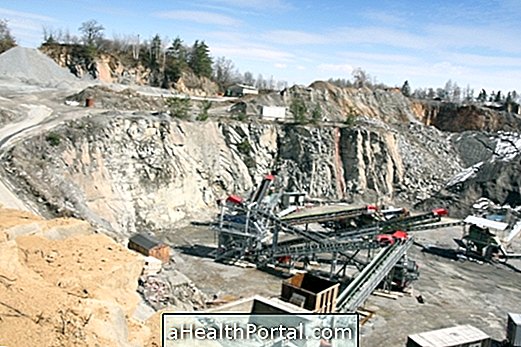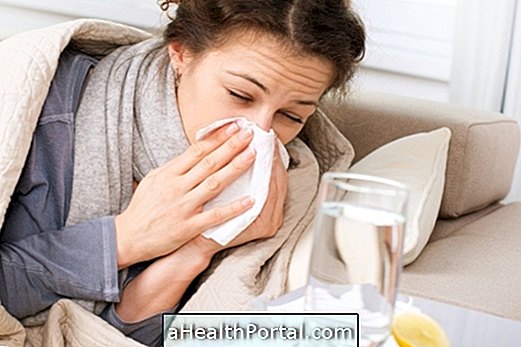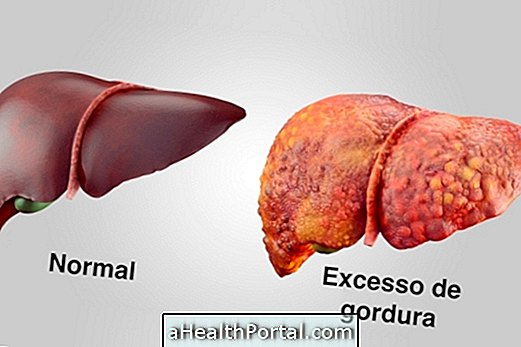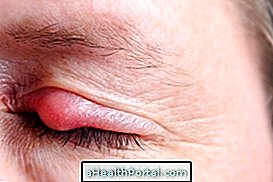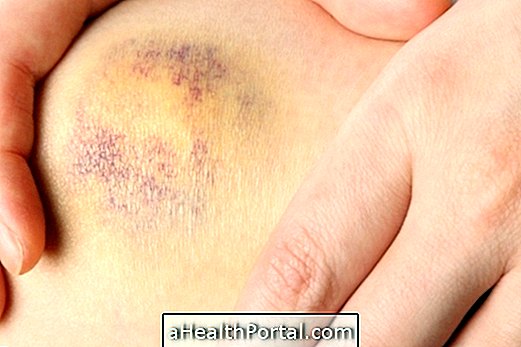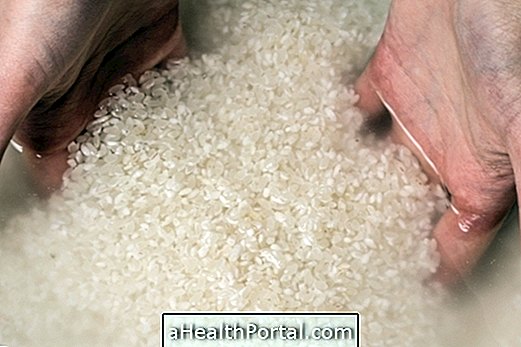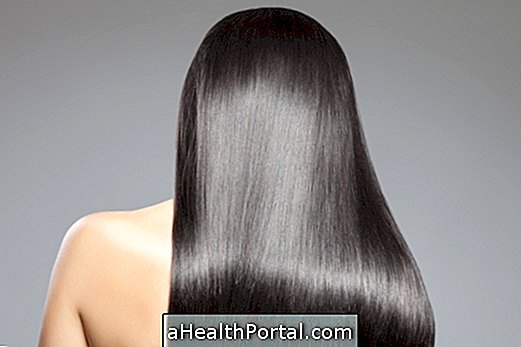Allergic rhinitis is an inflammation of the mucous lining of the nose that is caused by an allergic reaction, causing the onset of symptoms such as sneezing, runny nose and itchy nose.
Generally, allergic rhinitis arises after being in contact with allergic substances such as dust, dog hair, pollen or some plants, for example, and so may be more frequent during the spring or fall.
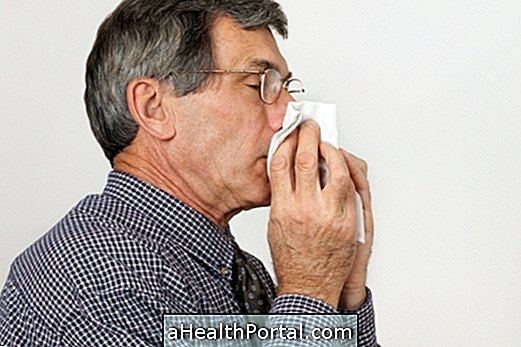
Main symptoms
The main symptoms of allergic rhinitis include:
- Coriza;
- Sneezing;
- Itchy nose, eyes and mouth;
- Headache;
- Dry cough;
- Eyes and nose reddish;
- Excessive tiredness.
When these symptoms arise it is important to consult the allergist to initiate proper treatment and avoid complications such as otitis, sleep problems or development of chronic sinusitis.
Allergic rhinitis has no cure but can be controlled with the use of antihistamine medicines and avoiding contact with the substances that cause the symptoms to appear.
How to treat allergic rhinitis
The treatment of allergic rhinitis should be guided by an allergist and is usually done with the use of antihistaminic remedies, such as Desloratadine or Cetirizine, to decrease allergy and decrease the symptoms of rhinitis. See a more complete list of remedies for relieving symptoms: Remedies for allergic rhinitis.
In addition, it is important to avoid contact with allergic substances and therefore, it may be necessary to do an allergy test to identify the substance that is causing the rhinitis.
Learn more about treatment in: Treatment for allergic rhinitis.
A good natural treatment for allergic rhinitis is to do nasal lavage with saline solution or with 300 ml of mineral water and 1 spoon (coffee) of salt. For this, just breathe in a little of this mixture, do a little massage on the nose and then spit it out.



